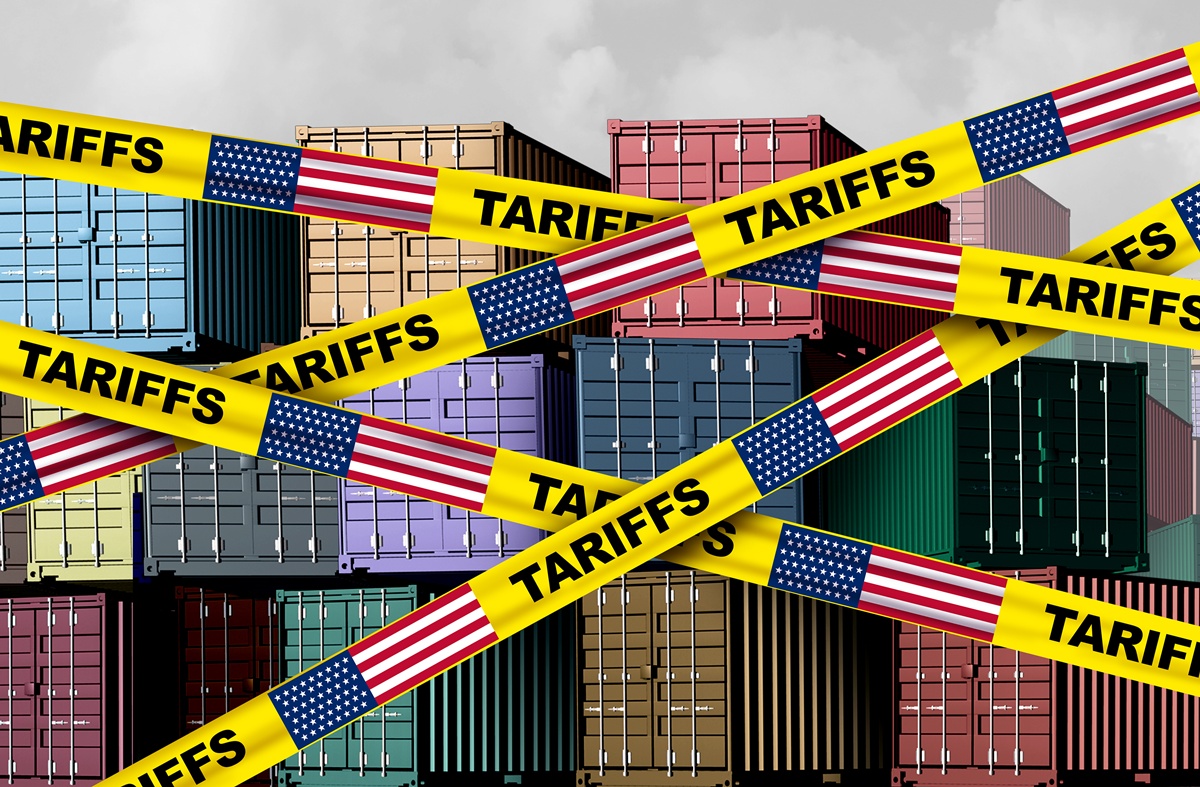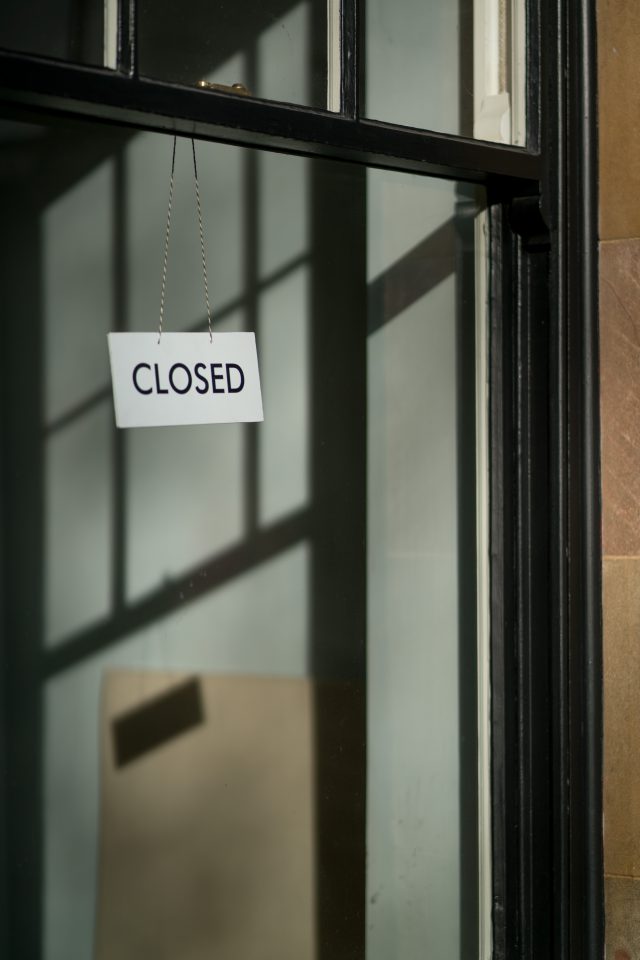April 07, 2025
UK business leaders brace for impact of Trump’s tariffs

A recent survey of 562 members of the Institute of Directors (IoD) revealed that more than a third (37%) of UK business leaders expect to feel the effects of President Trump’s trade tariffs. Among those anticipating an impact, most (70%) foresee declining profits.
In reaction to these tariffs, many companies are re-evaluating their business strategies. Specifically, 35% of respondents indicated they would reconsider their overall approach to business, 17% are reviewing their supply chain locations, and 13% are assessing their export markets.
Regarding government actions, 42% of business leaders believe the UK should focus on maintaining strong trade relations with all partners. However, 34% are advocating for deeper alignment with the European Union.
Anna Leach, the IoD’s chief economist, highlighted that the UK government’s measured and low-profile response to the tariffs has been well-received by business leaders. Many are satisfied with the government’s balanced stance on global trade negotiations.
Despite this, Leach pointed out that closer cooperation with the EU is becoming a priority for many businesses, especially considering the EU’s status as the UK’s largest export market, with £356 billion in exports in 2023 compared to £187 billion to the United States.
In response to the ongoing uncertainty surrounding U.S. political decisions, Leach observed that businesses are adopting a “wait and see” approach. For instance, machinery manufacturer JCB has taken steps to minimise its exposure by significantly expanding a manufacturing plant in Texas, ensuring they can avoid tariffs by increasing local production.
Of the 562 businesses surveyed, 5% were large (250+ employees), 19% were medium-sized (50-249 employees), 23% were small (10-49 employees), 31% were micro (2-9 employees), and 11% were sole traders or self-employed (0-1 employees).



